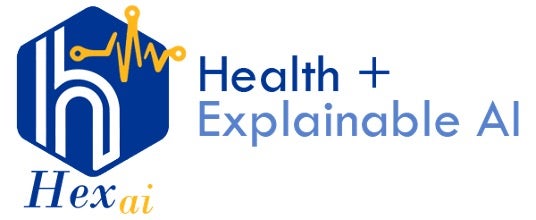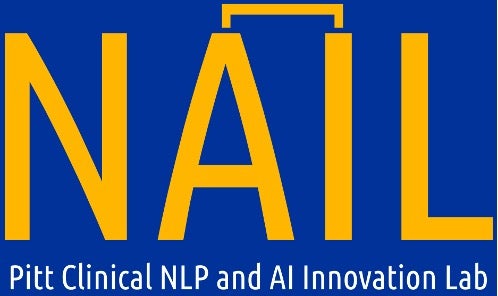Overview
The Department of Health Information Management is at the forefront of revolutionizing health care through advanced technology and research. It encompasses a wide array of research domains, including mHealth (mobile health) and digital health, which leverage mobile and telecommunications technology to remotely deliver healthcare services and information, enhancing accessibility and efficiency.
The department's exploration into the natural language processing (NLP) of unstructured Electronic Health Records (EHRs) aims to harness critical data from clinical notes, improving patient care and supporting informed clinical decisions. Additionally, it focuses on medical imaging, utilizing machine learning and deep learning techniques to enhance the analysis of clinical images for more precise diagnoses and treatment plans. Our research is currently focusing on artificial intelligence (AI) in health and health care, aiming to transform patient care, diagnostics, treatment plans and health care management through AI algorithms and models. These efforts are complemented by the development of digital interventions, which employ digital platforms to implement therapeutic strategies for disease management and prevention.
By integrating AI, the department is not only innovating health care practices but also paving the way for a future where care is more personalized, predictive and preventive. Through its comprehensive research efforts, the department contributes significantly to the growth and evolution of health informatics, striving to improve patient outcomes and health care systems worldwide.
Research Areas
- mhealth (mobile health)
- digital health
- artificial intelligence in health and health care
- natural language processing
- medical imaging informatics
Publications
Research Opportunities
HIM Research Labs
 |
 |
Health and Rehabilitation Informatics (HARI) LabFaculty: Research Focuses:
|
Health and Explainable AI Research Laboratory (HexAI)Faculty: Ahmad P. Tafti Research Focuses:
|
 |
 |
Clinical Natural Language Processing and Artificial Intelligence Innovation Laboratory (PittNAIL)Faculty: Yanshan Wang Research Focuses:
|
Zhou LabFaculty: Leming Zhou Research Focuses:
|
 |
|
Choi LabFaculty: Yong K. Choi Research Focuses:
|

